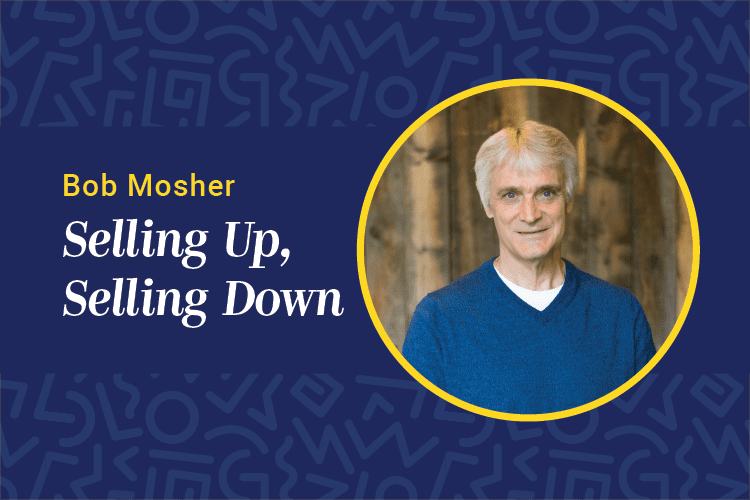Our industry spent much of the ’90s striving to create learning organizations — companies that facilitate the learning of their employees and continuously transform themselves. Thought leaders such as Peter Senge and others helped refine and guide our thinking in this discipline. Because of the fast pace of change and the ever-expanding global economy, the thought was that we needed to become learning organizations to excel. But have we become that?
Many of the organizations I’ve worked with are still mired in traditional approaches to instruction and supporting their learners. The technologies may have changed, but the cultures and approaches haven’t. Sometimes I think we get overly concerned with learning. Don’t get me wrong, learning is a critical part of the overall journey, but it’s only the beginning. As a colleague of mine always says, “If our efforts aren’t ultimately about improving and sustaining performance, why are we putting people through any of this in the first place?” I would challenge each of us to move our organizations beyond learning and to focus more on performance. What if our goal for the new millennium was to create performing organizations?
In doing so, here are a few approaches to consider:
1. Lead with a performance strategy, not a learning strategy. For far too long we have designed learning approaches to every problem. When a business unit approaches us with a new learning issue, be it technology- or business skill-based, we immediately begin thinking of ways that fall back on traditional approaches such as the classroom, be it virtual or bricks-and-mortar, and e-learning. What if we first considered strategies that enabled knowledge gain, sharing and maintenance in the workplace and then backfilled with the appropriate training to support the gaps that remained?
We do an amazing amount of overtraining and put too much pressure on what has to happen in the formal learning domain. Many learning initiatives are doomed before they begin because the strategy is focused entirely on training with little to no sustained performance tools and approaches back on the job. We need to reverse the traditional approach and challenge our learning departments with first designing performance tools and frameworks that may ultimately eliminate the need for training in the first place.
2. Build learning tools that both support and teach. To acquire knowledge is only a small part of the overall learning journey, yet many of our learning strategies focus only on this small portion. These tools are not equipped or designed to support and enable learning at the desktop. They are designed for upfront knowledge gain, not back-end knowledge application. E-learning, for example, has been touted as a just-in-time learning approach and even incorrectly categorized as performance support. Just because it’s accessible at the desktop does not make it a performance tool. The distinction is found in the design of the tool, not how it’s accessed. Desktop learning is not desktop support. We have many performance tools — such electronic performance support, Web 2.0 technologies and mentoring programs — at our disposal these days. These are but a few of the performance tools that can be integrated into traditional learning approaches to create a more robust and sustained performance strategy.
3. Foster understanding of performance strategy with front-line managers. It always amazes me that front-line managers will allow their learners to leave the workplace for up to five days for training, but won’t allow them five minutes in the context of work to apply and sustain what was learned. We need to educate our organizations that learning is a journey and not an event. Learners are not sent to training to become an expert in anything. The journey only begins there. Expertise is learned on the job through a sustained support strategy. Many of these strategies involve tools that appear to take time away from work, when in reality they accomplish the exact opposite if they’re allowed to create increases in workforce efficiency. It’s our job to help front-line managers understand the benefits of a total learning approach.
We are in the performance business, not the knowledge-gain business. The learning leaders who understand the difference are the ones who succeed.
Bob Mosher is global chief learning and strategy evangelist for LearningGuide Solutions and has been an influential leader in the IT training space for more than 15 years. He can be reached at editor@clomedia.com.











